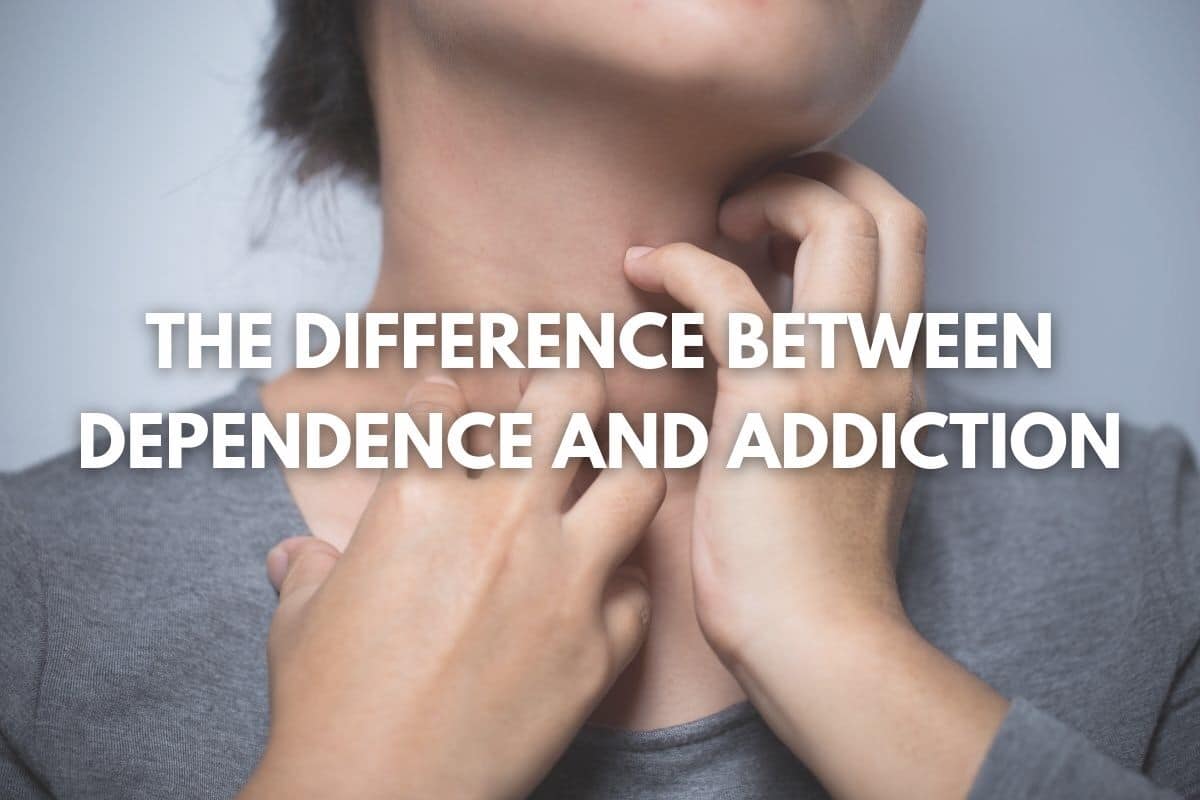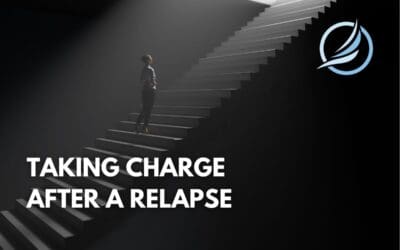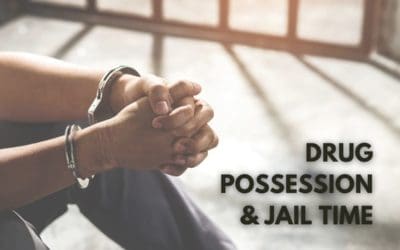Recognizing the difference between dependence and addiction can be tricky. It certainly isn’t something you could detect by just looking at someone, and the terms are often used interchangeably when anyone speaks on the consequences of long-term drug use. But those differences are there and they are significant. Each term conveys a distinct way in which repeated drug use has affected a person’s body, mind, and behavior. While most people are familiar with the concept of addiction, that is just one of the ways that drug use can affect a person.
What Is Drug Dependence?
Drug dependency is a condition where the body or brain has become adapted to a substance to such a degree that an individual would experience negative side effects should they abruptly cease that substance’s use. This is known as withdrawal. Withdrawal includes both physiological and psychological symptoms and occurs as a result of bodily functions that have become accustomed to performing in an impaired state. Once the substance is removed from the body, there’s an adjustment period that must be made. Unfortunately, this experience can be jarring and uncomfortable.
The Types of Dependence
There are distinctions, however, between the different types of dependence. Physical dependence addresses the physiological ways that the body adapts to the presence of a drug. Psychological dependence is when a person relies on a substance to perform certain tasks or to make them feel a certain way; there are strong emotion-driven cravings; and likely, an excessive amount of thought towards the substance. The thought of going without that substance is likely to cause anxiety or some other type of negative emotion and might make a person feel as if they are unable to perform a certain task without it (i.e. sleep, socialize, perform in the bedroom).
What Is Drug Addiction?
Full-blown addiction is determined less by physiological symptoms and more so by behavior. This chronic disease is defined by the National Institute on Drug Abuse as “compulsive drug use despite harmful consequences.” These consequences include more than just deteriorating health. They are an inability to fulfill the responsibilities of day-to-day life that can cost them personal and professional obligations and relationships, financial stability, and more. Someone with a drug addiction continually prioritizes the use and acquisition of drugs despite the detrimental effects it can have on their life and overall wellbeing.
However, it’s important to recognize that there are both physiological and psychological elements at play in the development of addiction. A person may continue using a drug simply to avoid symptoms of withdrawal; an example of how physical dependence can give way to addiction. Drug use commonly results in mild mental illness such as depression and anxiety, an outcome that could perpetuate the cycle of using and cause someone to continue turning to drugs as a means to self-medicate; an example of the psychological-rooted causes of addiction.
Dependence vs. Addiction
Differences
Drug dependence is often considered to be a precursor to addiction however that’s not always the case. It is possible for a person to have a dependence on drugs and not have an addiction, and vice versa: someone can technically have an addiction but not experience any withdrawal symptoms when they stop using. The biggest differences ultimately come down to dependence involving physical or mental withdrawal symptoms, and addiction is behavioral rather than some kind of bodily response.
A more accurate way to think of the relationship between the two is that dependence is a consequence of drug abuse that often coincides with addiction, but is not necessarily the cause—or a result—of it. Drug use elicits a complex chain of emotional and physiological reactions that can affect people differently depending on a number of factors (including the type of addictive substance).
Similarities
No matter which condition occurs, long-term drug use can be devastating both to the lives of the affected individual and their loved ones. Medical detox and addiction treatment at a drug rehab center can help in either circumstances of compulsive or chronic drug use. The key to effectively treating either is to address both physical symptoms as well as the psychological. Identifying the underlying cause of drug use in the first place is instrumental to kicking this harmful habit. Learn more about the different types of recovery programs available and how to determine which one is right for you.
Sources:
https://www.ncbi.nlm.nih.gov/pmc/articles/PMC3190444/
https://www.drugabuse.gov/publications/principles-drug-addiction-treatment-research-based-guide-third-edition/frequently-asked-questions/there-difference-between-physical-dependence-addiction
https://archives.drugabuse.gov/blog/post/tolerance-dependence-addiction-whats-difference


































